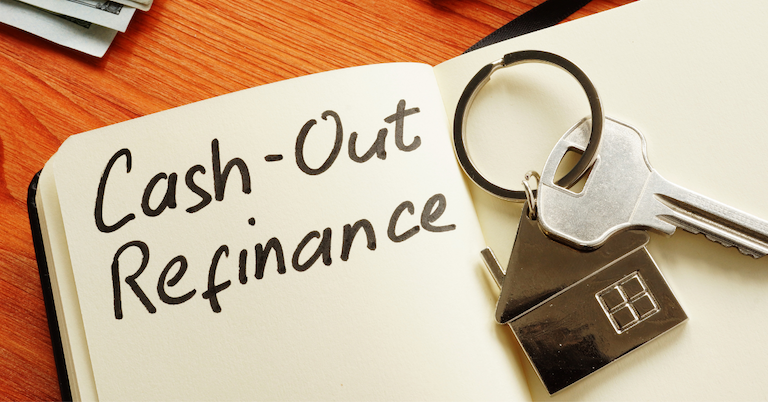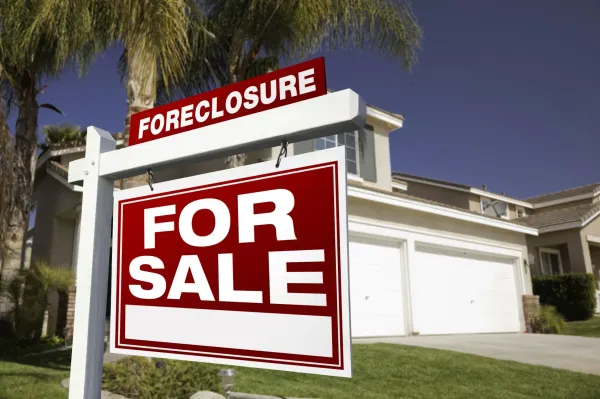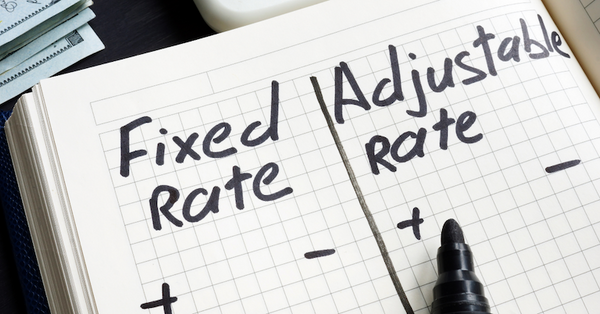Refinancing is a great way for homeowners to lower their mortgage and acquire the funds to renovate their home. A cash-out refinance replaces a homeowner’s existing mortgage with a new loan that is more than what is owed on your house.
This refinancing option takes advantage of equity that has built into the home. The difference between what you owe on your home and the equity of the home goes to the homeowner in the form of cash. This cash is typically used towards immediate home renovations or debt consolidation.
So how does it work? A cash-out refinance will take out a portion of your home’s equity and add it to your new mortgage principal. Let’s say that you purchased a home for $300,000 and have paid off $80,000. Your current amount owed is $220,000, but you want to make $20,000 worth of renovations to your home.
A cash-out refinance won’t add on additional monthly payments to your plate like a second mortgage would but instead replace the original loan. If you choose to cash-out refinance, your lender will give you the $20,000 from your equity and your new mortgage will be worth $240,000.
Why cash-out refinance?
There are numerous benefits to refinancing and reasons why one would choose a cash-out refinance for their home. Here are just a few you might want to consider.
Home improvement projects
Home improvements are perhaps the most common use for cash-out refinancing. Using the funds from a cash-out refinance, homeowners can deduct the mortgage interest from their taxes if the projects increase the home’s value.
Consolidate debt
Cash-out refinance rates tend to be lower compared to other forms of debt. Using a cash-out refinance will give you the money you need to pay your debts. From there, you can transfer what you owe to lower-payment interest. If you are paying off credit cards, this will help you to raise your credit score.
Invest in properties
Investing can be very expensive, but cash-out refinances can help. Many investors commonly use cash-out investments using the BRRR method. This strategy helps investors pay off their existing mortgage, and pocket the cash difference for future investments. If you’re investing in a property long term, why not turn the equity you’ve built up into capital you can use towards more investments?
The great thing about cash-out refinancing is that the money you get back is yours to use how you please. While these are the most common reasons people choose a cash-out refinance, there are many other uses. Many homeowners choose to put the money towards non-housing related investment such as college funds or retirement plans.
How much cash can you get when refinancing?
The amount of money you get from cash-out refinancing varies greatly depending on your credit score, the type of mortgage loan, and your home’s value. To determine your home’s value, you will want to get it appraised. Most lenders allow homeowners to borrow up to 80% of their home's value.
However, there are exceptions. Lenders who offer loans insured by the Federal Housing Administration (FHA) will sometimes offer FHA cash-out refinances. This type of cash-out refinancing allows homeowners to borrow up to 85% of their home’s value. Another exception are VA loans which are available for 100% of the home’s value. Meet with your lender to discuss their policies and your options.
How does a cash-out refinance work?
If you're considering a cash-out refinance, you will want to know how the process works and what steps you will take to qualify. Here is what you should know:
Learn about the requirements
First things first, you will want to check out the requirements needed for a cash-out refinance. Most lenders have their own set requirements when it comes to determining who qualifies for a refinance. These requirements typically include:
- A minimum credit score of 620: The typical credit score needed to refinance is 580. However, if you are looking to take cash out, you’ll likely need a score of 620 or higher to qualify.
- Equity in your home: To secure a cash-out refinance, you need to have some equity built into your home. Look carefully at your current equity before you commit to a cash-out refinance.
- A debt-to-income-ratio of less than 50%: Make sure that the amount of your monthly debts is less than half of your total monthly income.
Figure out how much cash you will need
Once you determine that you qualify for a cash-out refinance, it is time to figure out how much cash you need. Get a couple estimates on the renovations and repairs that you plan to make. This will help you to get an understanding of your budget. However, if you are refinancing to consolidate debt, you will want to look over your bank and credit card statements to determine what you will need.
Apply to Refinance
After the requirements are met and the needed cash amount is determined, it’s time to apply to refinance. This is done through your lender. Be prepared to provide financial documents such as bank statements, W-2’s or work pay stubs to prove your debt-to-income ratio. Following refinancing approval, your lender will help guide you through the closing process. Your refinancing check will be sent to you shortly after.
Cash-out refinancing vs. home equity loan
While both cash-out refinancing and home equity loans are both methods for capitalizing on your home’s equity, there are a few major differences. A cash-out refinance is not a loan but instead a refinancing option that replaces an existing mortgage with a higher amount. Homeowners pay off the old mortgage and keep the difference in cash.
On the other hand, home equity loans are a second mortgage. This means you will be paying an additional mortgage on top of your original one. Home equity loans tend to have higher interest rates than cash-out refinancing. This is just another reason why homebuyers choose to cash-out instead for their financial benefits.
Bottom Line
A cash-out refinance can be a great option for homeowners to take advantage of their home’s equity and use it towards home renovations, debt consolidation, investments, or other financial needs they may have. While the process might seem like an easy choice, tapping into your home equity isn’t a decision you can make lightly. Putting your home on the line as collateral is a risk. Consult with your lender to make sure refinancing is the right choice for you.
Are you considering getting a mortgage to buy a new home? SimpleShowing can help you get your dream home within the shortest time possible. Work with our experts and start your journey to becoming a homeowner. Contact us today!



